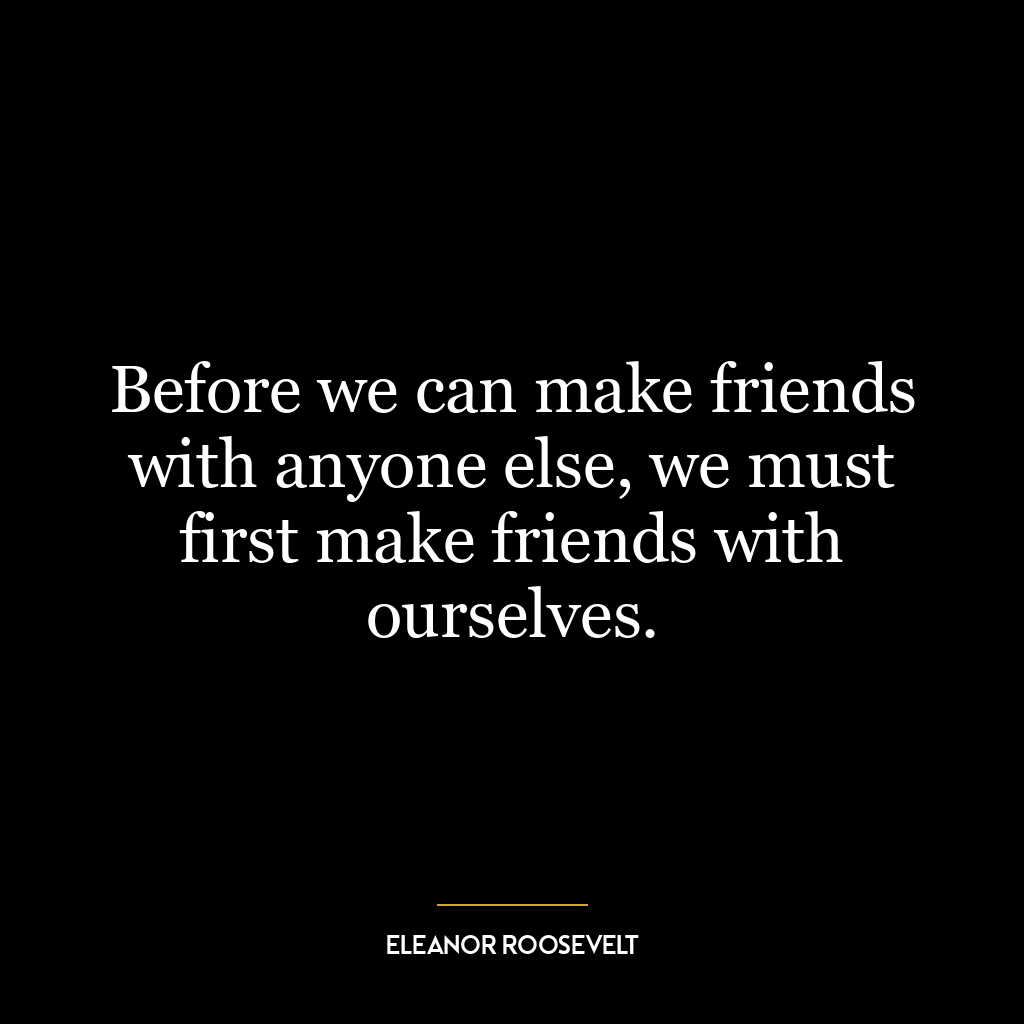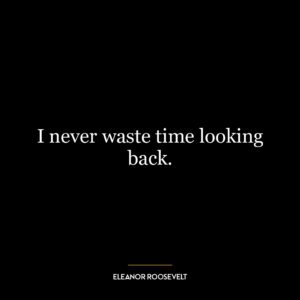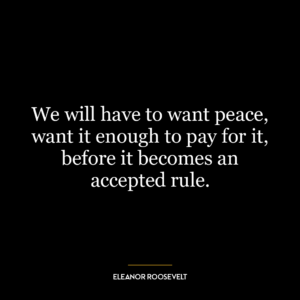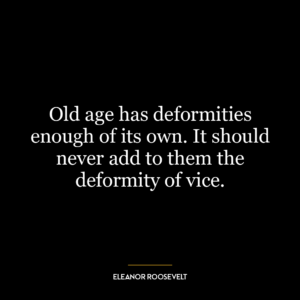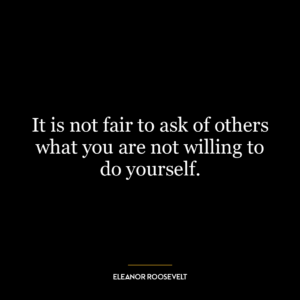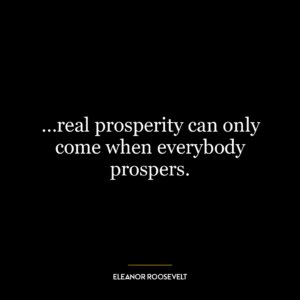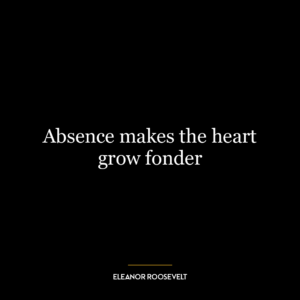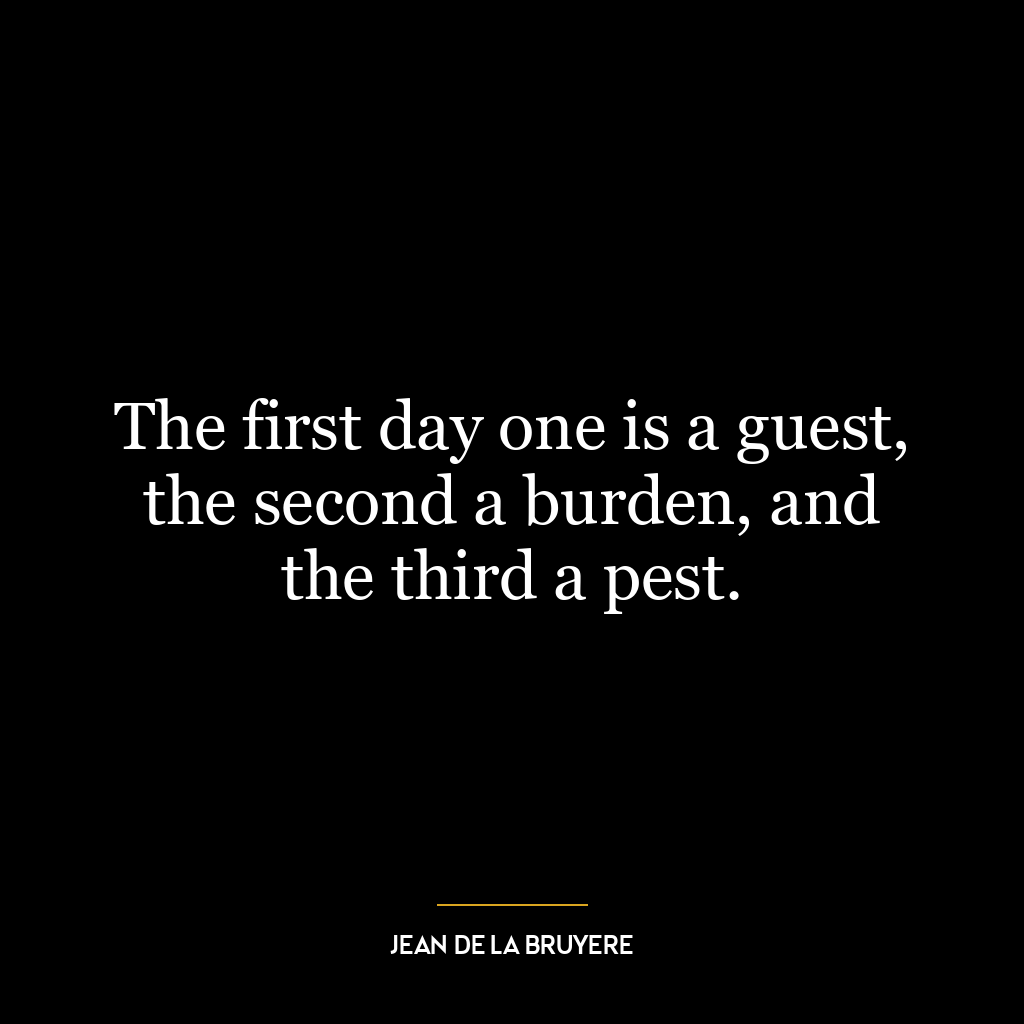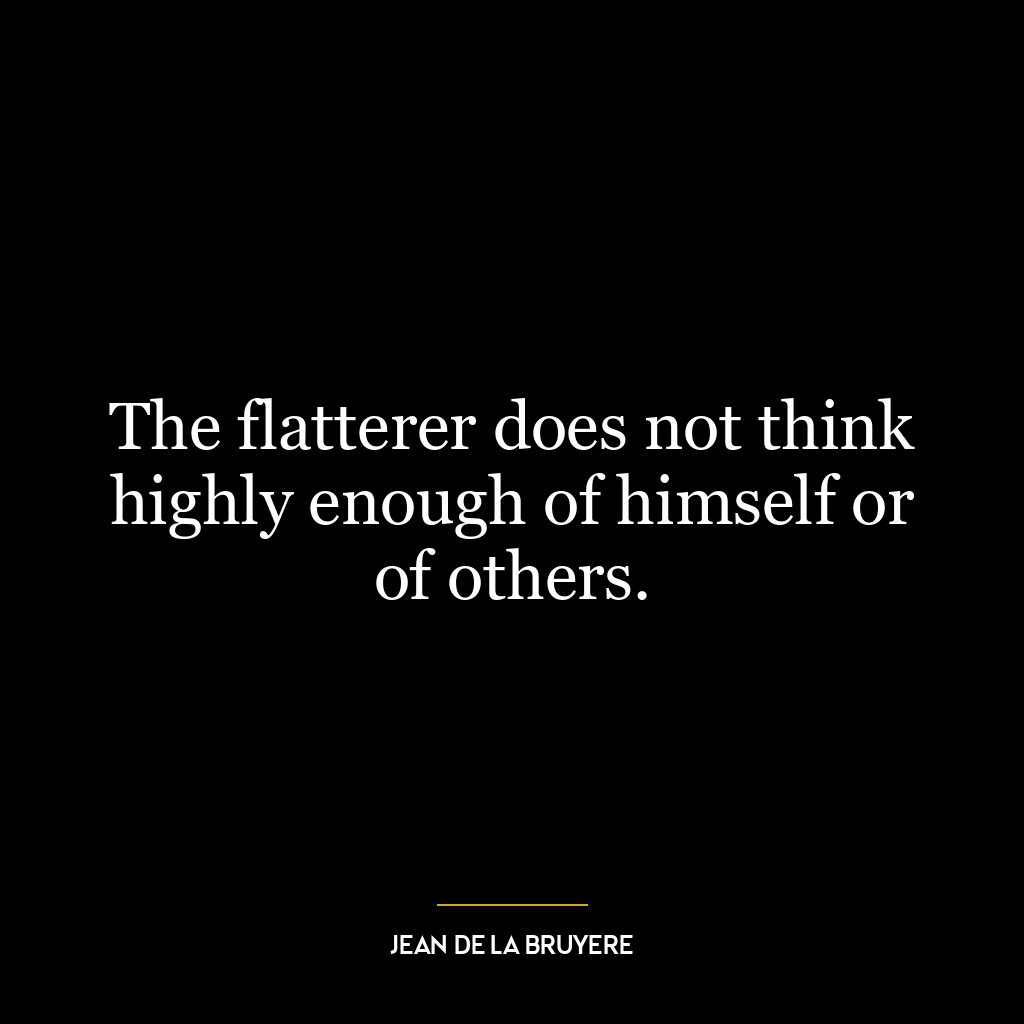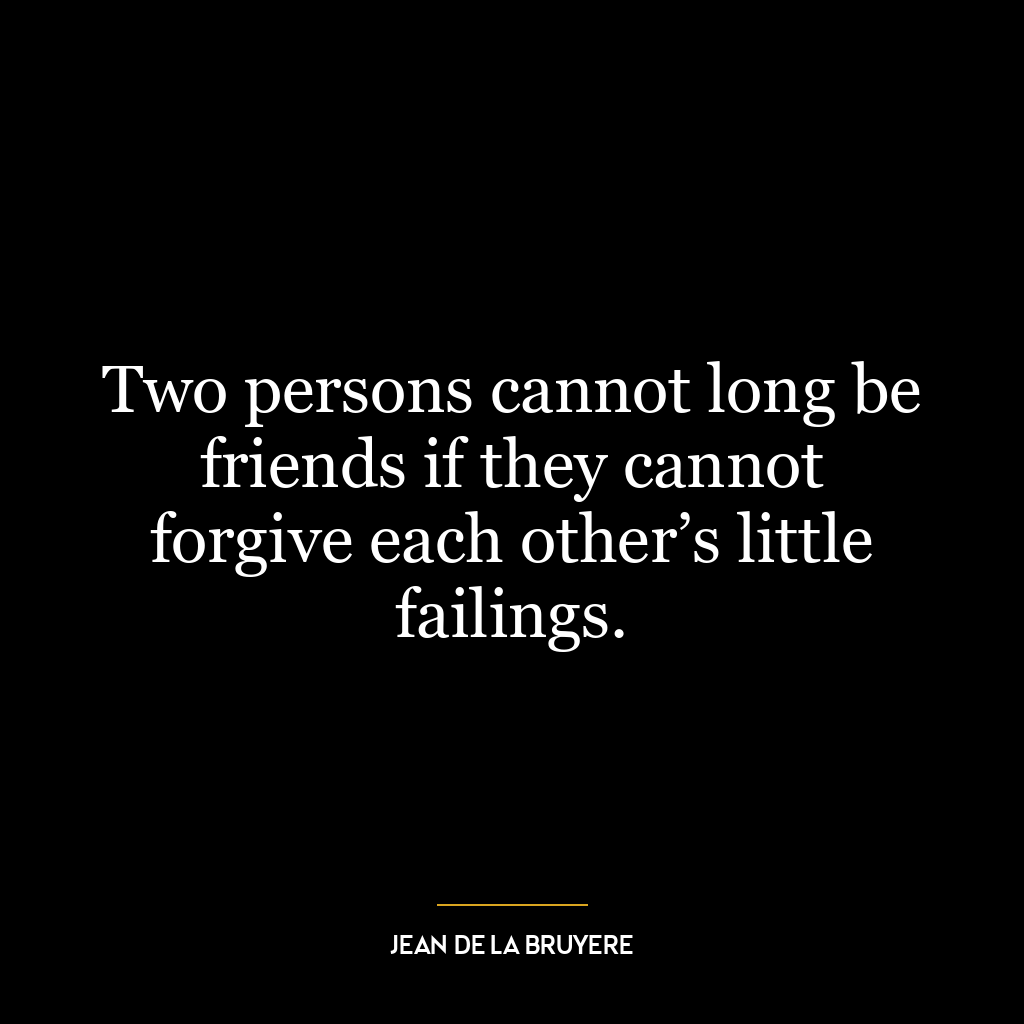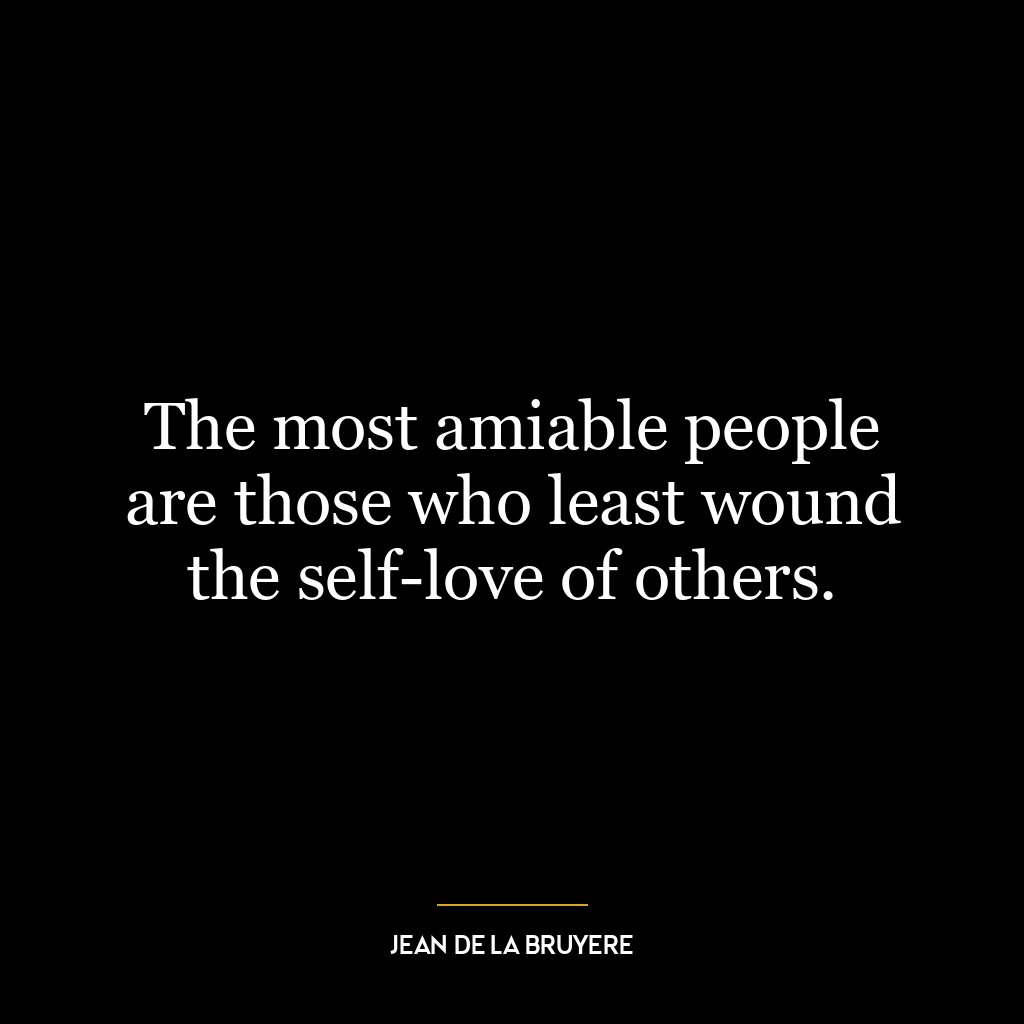Before we can make friends with anyone else, we must first make friends with ourselves.
This quote suggests that before we can build strong, meaningful relationships with others, we need to first establish a positive relationship with ourselves. This involves understanding, accepting, and loving who we are, including our strengths, weaknesses, successes, and failures. If we can’t be friends with ourselves, if we can’t appreciate our own worth, it becomes challenging to truly appreciate others or to believe that others can appreciate us.
The quote implies that self-friendship is not just about self-acceptance but also about self-awareness. It encourages us to reflect on our own thoughts, feelings, and behaviors, to understand our motivations and desires, and to acknowledge our flaws and limitations. This level of self-understanding and self-acceptance forms the foundation for empathy, compassion, and understanding in our relationships with others.
In the context of today’s world, this quote is particularly relevant. Society often pushes us to seek validation and acceptance from others, through social media likes, followers, and comments. This can lead to a dependency on others for our self-worth and happiness. However, as the quote suggests, true happiness and fulfillment come from within.
In terms of personal development, this quote encourages us to invest time and energy in self-improvement and self-care. It promotes the idea that personal growth and self-discovery are essential to building strong, healthy relationships. It also suggests that by being our own friend, we can be more resilient and less dependent on others for our emotional well-being.
In essence, this quote is a call to action for each of us to prioritize self-love and self-friendship as the foundation for all other relationships in our lives. It reminds us that before we can truly connect with others, we must first connect with ourselves.

